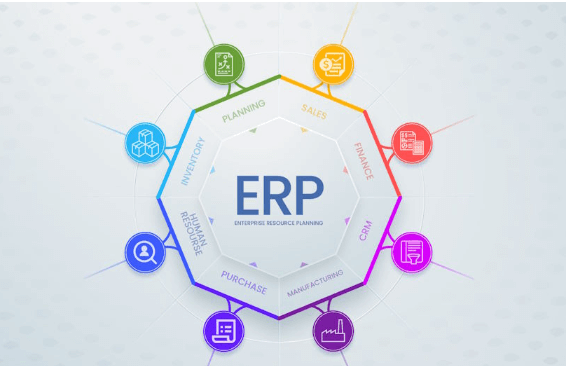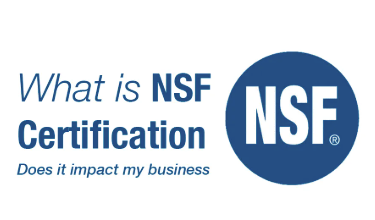Why Enterprise Resource Planning Is Key to Business Continuity and Resilience

Companies face constant challenges, ranging from economic shifts to technological advancements, that require agility and foresight. Without effective systems in place, navigating these disruptions can feel overwhelming. Businesses must be prepared to respond while ensuring operations run smoothly. This includes managing resources efficiently, minimising downtime, and supporting department collaboration.
Implementing enterprise resource planning is vital to achieving greater business resilience and adaptability. This comprehensive system centralises critical operations, such as finance, supply chain management, and human resources, into a single platform. Let’s explore how this solution is pivotal in ensuring business continuity and resilience in uncertain times.
1. Centralises Data for Better Decision-Making
A unified platform consolidates data from various departments, providing businesses with a single source of accurate, real-time information. This eliminates data silos, where different teams operate with disconnected or inconsistent data. Centralised information allows decision-makers to analyse trends, identify inefficiencies, and plan proactively. Teams can collaborate more effectively, ensuring everyone can access the same up-to-date insights.
Real-time analytics help businesses respond quickly to unexpected changes or challenges. Centralised systems support informed decisions that strengthen overall business continuity. Reliable information is the foundation for effective planning and execution in dynamic environments.
2. Enhances Operational Efficiency Across Departments
Integrating all business functions into one platform improves coordination and reduces redundancy, saving time and resources. Automating routine tasks, such as payroll or inventory management, frees up staff for more strategic activities. Streamlined processes also minimise errors that could disrupt operations or lead to unnecessary costs. Employees spend less time exploring multiple systems, increasing productivity and focusing on value-driven tasks.
Efficiency improvements reduce the risk of bottlenecks that could hinder business continuity during critical times. Well-organised operations ensure smoother workflows and faster responses to potential challenges. Simplified processes lead to more robust performance and resilience.
3. Strengthens Supply Chain Management
A well-maintained supply chain is vital for meeting customer demands and avoiding costly disruptions. Integrated systems provide end-to-end visibility, allowing businesses to track inventory, orders, and shipments in real time. This transparency enables companies to address potential bottlenecks or delays before they escalate into significant issues. Improved supplier communication enhances reliability and ensures timely delivery of goods or services.
Forecasting tools help anticipate demand changes, ensuring inventory levels are optimised. A strong supply chain builds trust with customers and reduces the impact of unforeseen challenges. Reliable systems ensure consistent service and uninterrupted operations.
4. Promotes Expandability and Flexibility
Businesses need systems that can adapt as they grow or change in response to market demands. Modern solutions offer scalability, allowing companies to expand capabilities without disrupting operations. Customisable features enable businesses to tailor the system to meet industry requirements or organisational needs.
Companies can integrate new tools or modules to address emerging challenges or opportunities. A scalable approach prepares businesses to thrive in evolving environments. Investing in adaptable systems ensures long-term resilience and competitiveness.
5. Improves Risk Management and Compliance
Adhering to regulations and managing risks are essential to maintaining continuity and resilience. Centralised systems help businesses track compliance requirements and monitor key performance indicators. Automated alerts and reporting features ensure that potential risks are flagged early, reducing the likelihood of costly mistakes. Accurate record-keeping simplifies audits and regulatory reporting, saving time and effort.
Risk management tools also provide insights into vulnerabilities, allowing businesses to mitigate potential threats proactively. Substantial compliance and risk strategies build trust with stakeholders and safeguard operations. Reliable systems support better preparedness for challenges and changes.
Implementing enterprise resource planning systems is essential for building continuity and resilience in this dynamic era. Additionally, modern platforms support remote work, ensuring seamless operations even during disruptions. Investing in robust systems equips companies to explore challenges and maintain consistent performance. With the right tools, ions can confidently achieve long-term success and stability.



